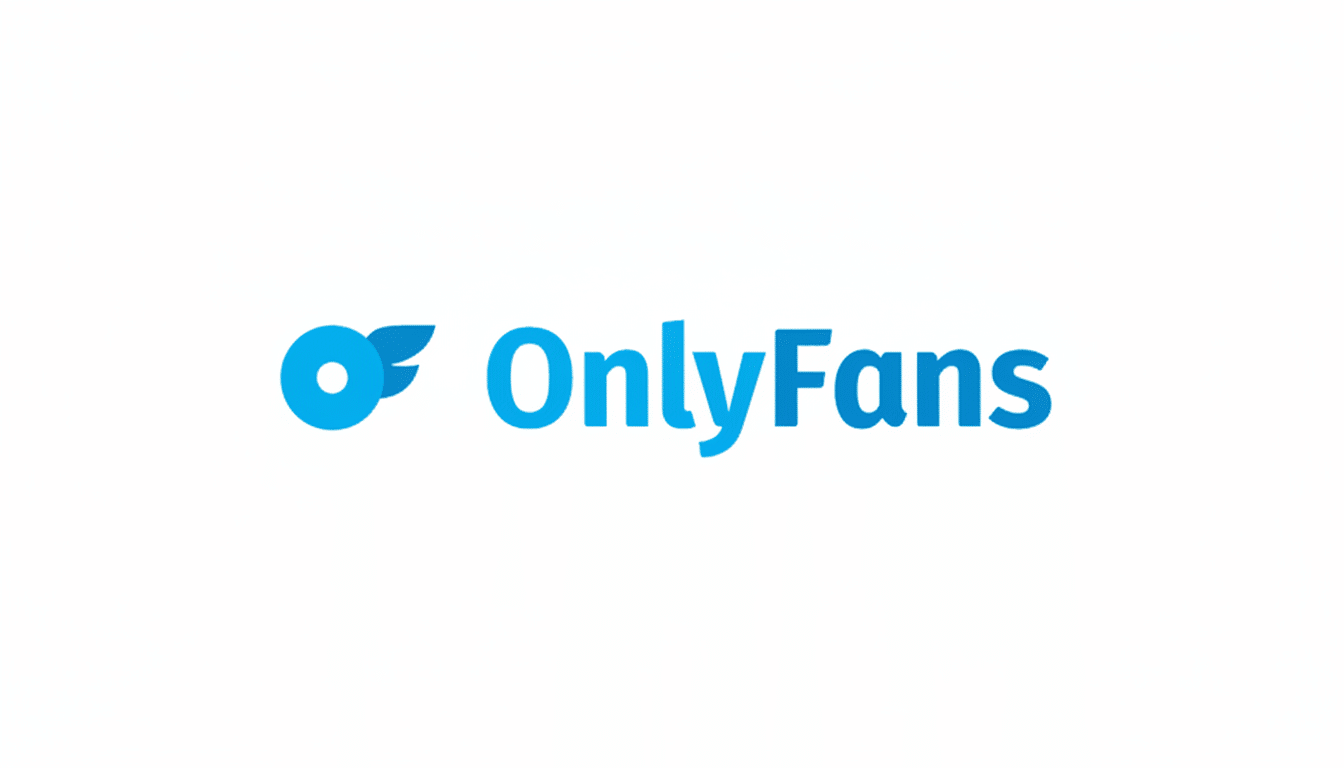OnlyFans is starting to require criminal background checks for its U.S.-based creators when they first join the platform in a major policy shift that the company says is aimed at making its community safer. The move adjusts one of the world’s largest subscription platforms for adult content, by number of creators and users, to risk controls ubiquitous in gig work — while unleashing fresh debate about accuracy, privacy and fairness.
What OnlyFans is planning for U.S. creator background checks
Creators have already provided government identification and banking information to post on OnlyFans. U.S. creator applicants will now also be vetted using Checkr, a background-check provider whose other customers include Uber and DoorDash. Leadership at OnlyFans has said it is intended to prevent people with some criminal convictions who could put users’ safety on the line from applying.
- What OnlyFans is planning for U.S. creator background checks
- Why the OnlyFans background check move is controversial
- How OnlyFans screening might work in practice for creators
- Industry and regulatory context shaping OnlyFans screening
- Privacy and equity concerns raised by OnlyFans screening
- What creators should watch as OnlyFans rolls out screening

The requirement is on the creator — not the paying subscriber — side, and will be rolling out soon as a standard part of the account approval process. OnlyFans has previously highlighted identity verification as a way to keep minors off the site; adding checks for criminal history is an expansion of gatekeeping criteria.
Why the OnlyFans background check move is controversial
Checkr says that it automates about 99% of its background reports once the data has been acquired, vetting them after the fact with humans. Automation accelerates decision-making, but it can also magnify the impact of bad data. Lawsuits brought against the company over several years under the Fair Credit Reporting Act (FCRA) have accused Checkr of sometimes reporting old offenses, confusing records across individuals with similar names or overlooking identity fraud — claims that Checkr has denied while pointing to continuing investments in compliance.
These disputes have serious stakes in the creator economy, where a wrong flag can sever someone’s main source of income. Consumer groups, including the National Consumer Law Center, have long cautioned that background checks can include errors at rates sufficient to do significant damage — especially to someone whose records were expunged or sealed. The Consumer Financial Protection Bureau has also warned screening firms that AI-based tools must still adhere to FCRA accuracy and dispute requirements.
How OnlyFans screening might work in practice for creators
Under the FCRA, OnlyFans would have to:
- Get consent from applicants before ordering a background report.
- Send a copy of any report to users before taking an adverse action based in part on that information.
- Provide a way for applicants to dispute errors.
It will also have to establish clear, consistently applied criteria for what types of convictions result in rejections, how far a background check will go back, and whether rehabilitation or expungements are recognized.
Two implementation decisions will be considered: adjudication rules and appeals. Rules of adjudication specify which offenses bar applicants, and for how long. A strong appeals process with its own process and quick dispute resolution can help cut false positives, allowing creators to have incorrect records reversed before losing access to their earnings.

Industry and regulatory context shaping OnlyFans screening
The adult industry is challenged by increasing regulation and commercial pressure. A handful of U.S. states have enacted age-verification laws for adult sites, and payment networks have made their risk policies stricter, which has in turn had the effect of forcing platforms to be more vigilant about compliance. Another major platform recently announced it would introduce criminal checks for studio partners, suggesting a more widespread move toward formalized due diligence in adult content supply chains.
OnlyFans, which claims over 3 million creators and more than 200 million registered users, is at a unique intersection of the adult entertainment world and mainstream creator culture. That kind of scale allows for a higher bar on trust and safety — but is also iffy when screening systems get it wrong.
Privacy and equity concerns raised by OnlyFans screening
Background checks involve the collection and transmission of sensitive personal data and identifying information that is used to bring up someone’s criminal record. Civil liberties groups including the Electronic Frontier Foundation and Privacy International have warned that broad checks, particularly when automated, can lead to opaque decision-making and even data storage problems. When errors in court records and omissions are further skewed toward low-income people, youth, students of color, and LGBTQIA+ folks who have been cited and released by LAPD, these disproportionate effects amount to factual innocence.
Transparency will be crucial: creators are going to ask questions around who sees their information, for how long, and whether others can reuse it. Independent audits and occasional reporting on dispute rates, reversal rates, and time to resolution would help instill confidence that the system was keeping more people safe than it was harming.
What creators should watch as OnlyFans rolls out screening
U.S. creators should look for clear consent language, get a copy of any report that is adverse, and go through the FCRA dispute process if they believe there is inaccurate or incomplete information. Makers with wiped or sealed records ought to assemble papers arguing against the complaints, because court databases can misfire on updating dispositions.
The success of the policy will depend on details OnlyFans has yet to fully explain: the list of actions that disqualify creators, lookback windows, how fast OnlyFans resolves disputes, and whether there’s a path to re-evaluation after rehabilitation. Safety and inclusivity are not mutually exclusive; getting both right will also require thoughtful rule-making, clear communication, and measurable accountability from both OnlyFans and its screening partner.

